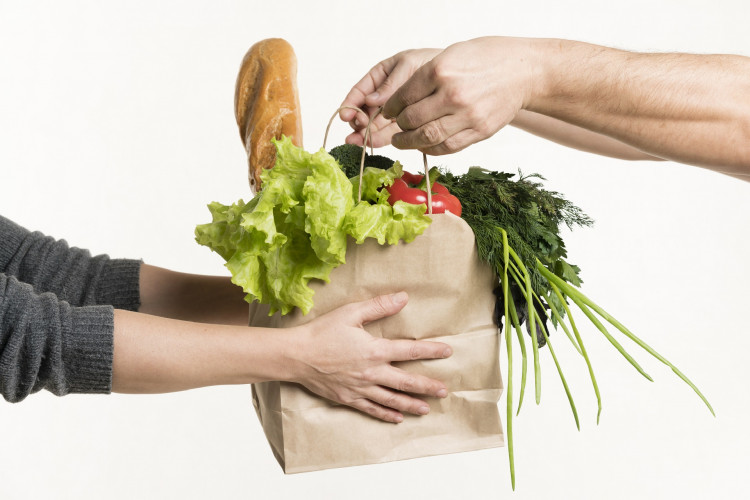Today is World Food Safety Day - do we check what kind of food we are eating?
Nearly one in ten persons globally have at one point experienced food poisoning, while around 420,000 people a year die after consuming rotten food, it is estimated by World Health Organization. To raise awareness about this problem and the growing challenges of strengthening the food safety syste, the World Food Safety Day has been organized for the second time.
The international day was established on 7 June last year, at the initiative of Food and Agriculture Organization (FAO) and the World Health Organization. To mark this occasion in Serbia, in cooperation with USAID's Cooperation for Growth Project, NALED strives to contribute towards raising awareness about the food safety and control, and the harmonization of legal framework in this area with the high standards seen in European Union, with the aim of protecting the interests of both consumers and producers.
Under the slogan Food Safety - Everyone's Business, the World Food Safety Day once again reminds us that food safety comes from a chain involving the producer, processors, distributor and the consumer that recognizes and values a reliable product and producer or seller. In the process of preserving citizens' health, consumers also carry an important role, e.g. their ability to distinct the expiration dates indicated on the packaging, and a product quality and safety.
- A third of globally produced food ends up being thrown away, and it is estimated that 10% to 15% cases occur due to „best before“ labeling. Such products are not necessarily rotten, like the ones with a designation „expiration date“, but it merely starts losing its quality. Unlike meat and dairy products, that must not be consumed after the designated date, food like rice, pasta and cookies can, under certain conditions, still be used after the designated date. It is for this reason that NALED has long been advocating better legal regulation of food donations, so that it can be given away for charity, instead of being thrown in trash. What would further ease the food donation process is the exemption of VAT for such donations, since currently companies often skip such initiatives due to high costs – says Tisa Čaušević, Coordinator of NALED's Food and Agriculture Alliance.
An important condition for creating a better environment for the placement of safe food is the digitalization process, where new technologies should help in recognizing the dangers in each phase of food production, and estimate their potential threat to people's health.
So far, new tools have ensured more transparent and efficient oversight, via the eInspector platform, while the next planned software intended for farmers, eAgrar, should help with more efficient processing of applications for incentives in the field of agriculture, and with controlling the compliance with veterinary, phyto-sanitary and environment protection standards.

